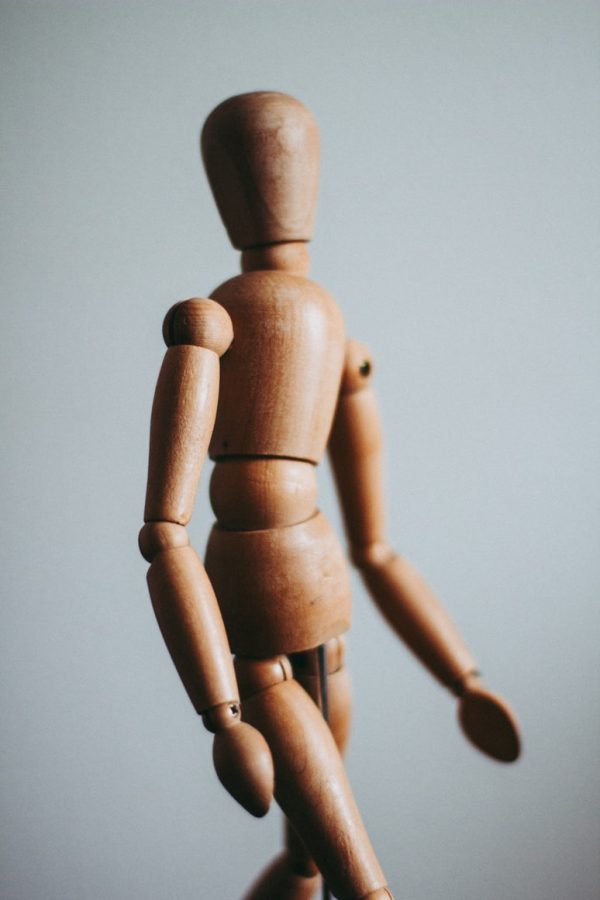The Secret Realm of Nonverbal-Communication
October 7, 2021
Understanding body language is crucial in almost every aspect of life. It is helpful in determining someone’s comfort level, and whether they are being genuine, or deceptive. While many of the things people do with their bodies seem to be random or meaningless at first glance, there is actually much science behind an individual’s actions, no matter how subtle.
How do different uses of body language translate to confidence?
The difference in how high-confident and low-confident people use body language is very apparent. Of course, keeping your chin up, standing tall, and maintaining eye contact all imply high confidence and comfort levels, while slouching, looking down, or fidgeting suggest insecurity. Another more covert way to assess one’s confidence is through their hand position. Holding the hands in a steeple position, with the fingers straight and fingertips pressed together, suggests a much more confident and authoritarian stance than folding the hands into each other.
What body language signs signal stress?
Stress is arguably the most identifiable emotion through assessing body language. Our body is constantly trying to maintain homeostasis. Similar to how we shiver when we are cold or sweat when we are too hot, our brain attempts to find a way to regain our natural state when our stress level grows excessive. This can come in many forms. Fidgeting, for instance, can occur subconsciously when the body perceives a threat. Your body will then be preparing you with the energy you need to fight or run. If you choose to sit still, this energy will be released in other ways, such as shaking your leg, tapping your finger, or twitching your eye.
Another sign of stress can be sticking one’s tongue into the side of their cheek. This is done subconsciously to relieve tension. Furthermore, be on the lookout for excessive neck touching or rubbing. When the neck is touched, the vagus nerve is stimulated. This releases acetylcholine which will reduce the heart rate.
Many people also display behaviors known as BFRBs, or body-focused repetitive behaviors. These behaviors refer to any repetitive, self-damaging behavior such as lip picking or biting, hair pulling, or nail biting. They are used as one’s coping mechanism when they are in a state of discomfort or anxiety.
If someone is put on the witness stand and they can’t seem to stop touching their neck, picking their lip, or sticking their tongue in their cheek, are they being deceitful? Not necessarily. But the ability to perceive that one is stressed is paramount in an attempt to uncover the truth.
What are they really thinking?
Understanding nonverbal-communication is also useful in determining someone’s true opinions or thoughts. While someone might be saying one thing, they may really mean something else. One very revealing sign of disapproval or dislike is squinting. So the next time you get a compliment, make sure you take a closer look at the complimenter’s eyes in order to uncover their true thoughts.
Have you ever wondered if a friend is genuinely glad to see you? Take a closer look at their eyebrows the next time you bump into them. Do they arch their eyebrows when they greet you? This suggests a genuine joy to see you. On the other hand, be cautious of those whose eyebrows remain flat. While they might say that they are so glad to see you, their body tells a different story.
How can you tell if someone has something to hide?
When examining shop-lifters, you might notice that they try to retract into themselves by hunching their shoulders towards their ears. This is their way of “hiding” while out in the open. Behaviors such as this indicate that someone is concealing something. Understanding masking behaviors is applicable in evaluations of anyone. Do they retract into themselves when speaking? This suggests that just as they are hiding themselves from you, they may have more to hide.
The ability of perceiving and evaluating body language not only allows evaluators to catch the criminal, but also allows us to strategically better present ourselves as well as we come to understand the psyche’s of those around us.


















































































































































